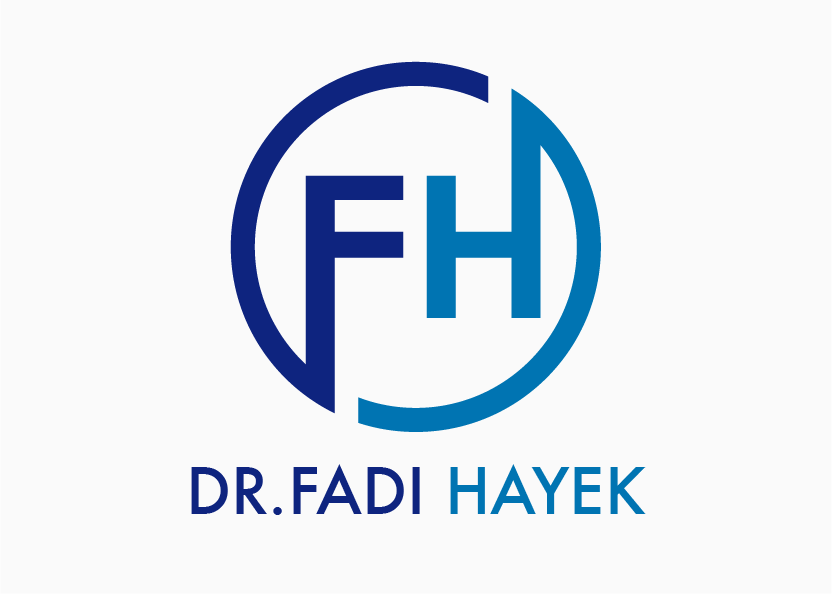Introduction
Deep Vein Thrombosis (DVT) is a serious medical condition that occurs when a blood clot forms in one of the deep veins in the body, usually in the legs. This condition can have severe consequences if not diagnosed and treated promptly. In this blog post, we will explore the causes, symptoms, and treatments of DVT in Doha, Qatar, with a focus on the expertise of Dr. Fadi Hayek, a renowned Lebanese vascular surgeon practicing at the Royal Medical Center.
Causes of Deep Vein Thrombosis
DVT can have various causes, and it is important to understand the risk factors associated with this condition. Some common causes of DVT include:
1. Prolonged immobility: Sitting or lying down for extended periods can increase the risk of blood clot formation.
2. Surgery or trauma: Certain surgeries or injuries can damage blood vessels, leading to the formation of clots.
3. Pregnancy: Hormonal changes during pregnancy can affect blood clotting, making pregnant women more susceptible to DVT.
4. Obesity: Excess weight puts additional pressure on the veins, increasing the likelihood of clot formation.
5. Smoking: Smoking damages blood vessels and affects blood flow, increasing the risk of DVT.
6. Certain medical conditions: Conditions such as cancer, heart disease, and inflammatory disorders can contribute to the development of blood clots.
Symptoms of Deep Vein Thrombosis
Detecting the symptoms of DVT is crucial for early diagnosis and treatment. While some cases of DVT may be asymptomatic, common symptoms include:
1. Swelling: The affected leg may become swollen, often accompanied by pain or tenderness.
2. Warmth and redness: The skin over the affected area may feel warm to the touch and appear reddened.
3. Pain: DVT can cause persistent pain, often described as a cramp or soreness, in the affected leg.
4. Visible veins: In some cases, the veins in the affected leg may become more prominent or visible.
It is important to note that these symptoms can also be indicative of other conditions, so it is crucial to consult a medical professional for an accurate diagnosis.
Treatments for Deep Vein Thrombosis in Doha, Qatar
Dr. Fadi Hayek, an expert vascular surgeon at the Royal Medical Center in Doha, Qatar, specializes in the diagnosis and treatment of DVT. With his extensive experience and expertise, Dr. Hayek offers a range of treatment options tailored to each patient’s specific needs. These may include:
1. Medications: Anticoagulant medications, commonly known as blood thinners, are often prescribed to prevent the clot from growing larger and to reduce the risk of new clots forming.
2. Compression stockings: These specially designed stockings help improve blood flow in the legs, reducing the risk of clot formation.
3. Catheter-directed thrombolysis: In more severe cases, a procedure called catheter-directed thrombolysis may be performed to dissolve the clot using medication delivered directly to the site.
4. Inferior vena cava (IVC) filter: In certain situations, an IVC filter may be inserted to prevent clots from traveling to the lungs. This is typically considered when anticoagulant therapy is contraindicated.
5. Surgical intervention: In rare cases, surgery may be necessary to remove the clot or repair damaged veins.
Dr. Fadi Hayek takes a comprehensive approach to DVT treatment, considering each patient’s individual circumstances and tailoring the treatment plan accordingly. He ensures that patients receive the highest quality care and achieve the best possible outcomes.
Conclusion
Deep Vein Thrombosis is a serious condition that requires prompt medical attention. In Doha, Qatar, Dr. Fadi Hayek, a leading vascular surgeon at the Royal Medical Center, offers expert diagnosis and treatment for DVT. By understanding the causes, recognizing the symptoms, and seeking timely medical intervention, individuals can effectively manage this condition and reduce the risk of complications. If you suspect you may have DVT or have any concerns about your vascular health, it is crucial to consult with a qualified medical professional like Dr. Fadi Hayek for appropriate evaluation and treatment.

